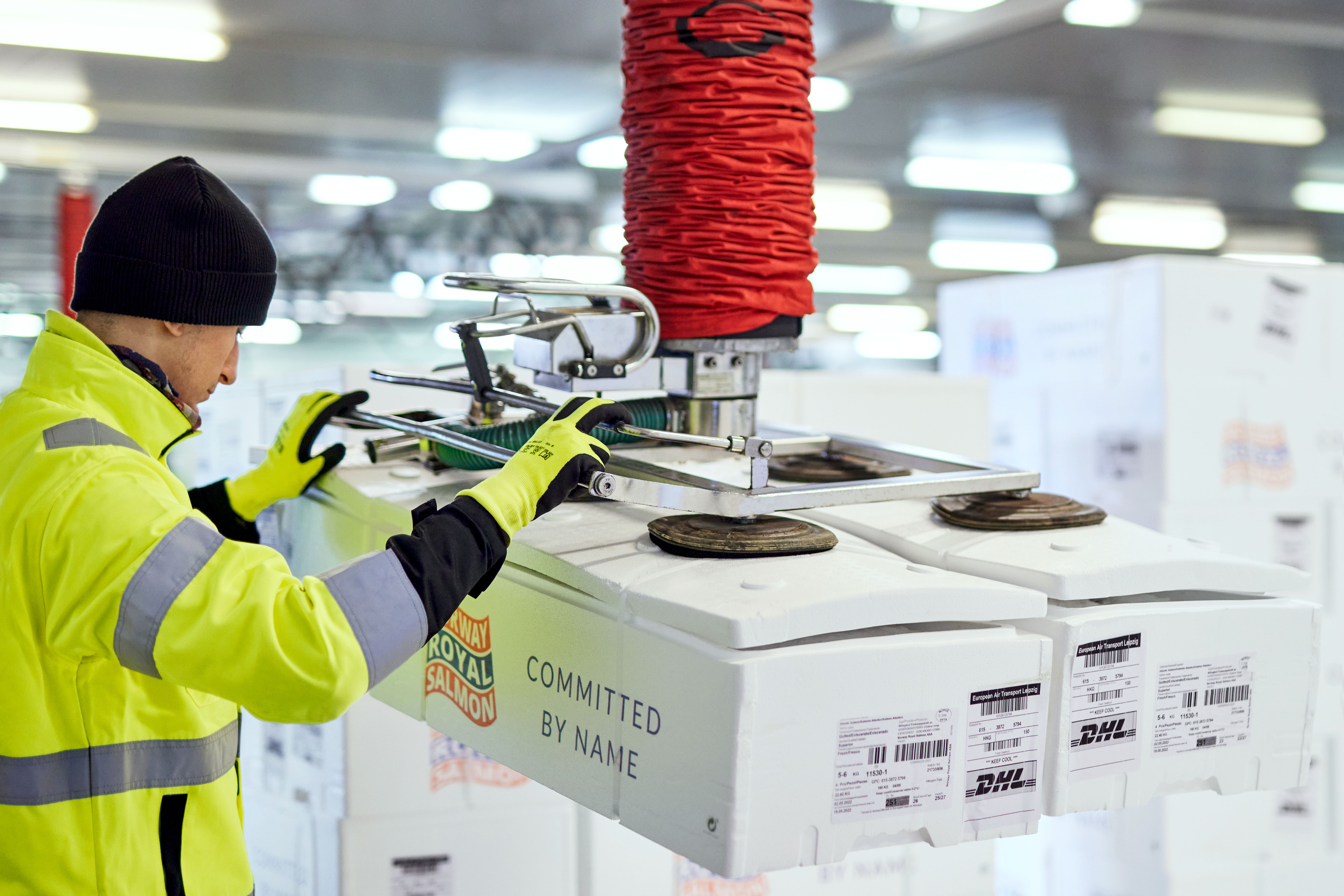Grow your business with the Discover newsletter
Logistics advice & insights straight to your inbox
Subscribe now
The online market for electronics is booming – in fact, it's one of the leading product categories for worldwide e-commerce sales. Given this rapidly growing industry, it comes as no surprise that lithium batteries are now found in almost every item such as laptops, smartphones, tablets, medical devices and power tools. And while lithium batteries have become the preferred energy source to power up these everyday devices, the truth of the matter is that electronics which contain these batteries are classified as dangerous goods. With restrictions on how they can be disposed of, used and shipped, sending and importing lithium batteries safely necessitates compliance with specific dangerous goods regulations.
If your e-commerce business sells and ships products containing batteries internationally, there are some important shipping and packaging considerations you will need to comply with to ensure they arrive there safely and without damage or delay. Therefore, if you’ve ever wondered “can I ship electronics internationally?” the short answer is yes, but you need to be aware of some specific regulations about the cross-border shipping of batteries.
Lithium batteries are the most popular battery of choice when it comes to powering everyday electronic devices like mobile phones and laptops. Unlike alkaline batteries that lose their strength over time regardless of the long-term power that they are able to provide initially, lithium batteries are designed to give off a strong surge of energy even after a long period of low discharge.
Lithium is an element of high electrochemical potential, making it a valuable component in batteries. Moreover, given the growing concern around carbon dioxide footprint and increasing hydrocarbon fuel cost, lithium has become the most important aspect of large batteries that power electronics.
There are different types of lithium batteries in the market today, and they all rely on unique active materials and chemical reactions to store and provide energy. Broadly speaking, lithium batteries fall into two main types:
Lithium metal batteries and cells are typically single use and contain metallic lithium. They are not rechargeable, but they do have a longer life than standard alkaline batteries/cells, making them ideal power sources for devices that are out of reach, such as smoke detectors and computer motherboards.
Lithium ion batteries and cells, also known as Li ion batteries, contain lithium which is only present in an ionic form in the electrolyte. They can be formed into many shapes, which makes them ideal for a range of electricals. They have a shorter shelf life than lithium metal batteries, but they are rechargeable so are present in many portable consumer electronics such as laptops and smartphones.

Shipping electronics internationally with proper labels
Though widely used, lithium batteries are classified as Dangerous Goods by the International Air Transport Association (IATA) as they're highly flammable, react sensitively to environmental factors, and can cause fires if wrongly packed. Therefore, be it lithium-ion batteries or any other batteries like alkaline ones, due to being fire hazards both on the ground and in-flight when improperly handled, abiding by the applicable safety regulations and taking the appropriate precautions is pivotal. This includes taking steps such as leveraging suitable packaging for transportation and using the correct shipping labels to indicate the presence of lithium batteries to mitigate any risk of violating those regulations.
When it comes to shipping lithium batteries or sending other types of batteries by post to cross-border customers, there are some key things you should know to make certain that the items arrive safely and legally.
The regulations relating to your shipment will vary depending on factors such as the type of battery, how they're packed (loose or within a device), and the destination country's specific customs regulations. This means that whether you are shipping from Malaysia to the US or anywhere else in the world, regulations when packing your shipments may vary — regardless, all businesses must understand and comply with the applicable regulations.
But, for a quick checklist, safety precautions of the following are required:
Packaging: specialised packaging is needed for combustible goods
Shipping: specific hazard labelling is needed to label the goods correctly so that the carrier knows what's inside
Regulations: adhere to the key rules and regulations
Documentation: specific documents and certifying compliance with the applicable regulations must be included with your shipment
Returns: batteries that are recalled due to safety reasons may be prohibited from certain modes of transportation, take note of the international regulatory requirements and how to arrange them whilst complying with all the above
Any person, company or entity identified as the shipper of electronics and batteries is legally responsible for ensuring 100% compliance with the IATA Dangerous Goods Regulations. As such, if your business involves the distribution of electronics like laptops or other items that use lithium or alkaline batteries, it is best to leverage the help of courier service providers that will provide adequate protection and documentation. Beyond shipping electronics, if your e-commerce business specialises in electronics, you need to ensure that your heavy packages are shipped quickly — and for that, courier service providers that are aware of the restrictions on shipping lithium batteries installed in large equipment to certain countries and regions is a must as well.